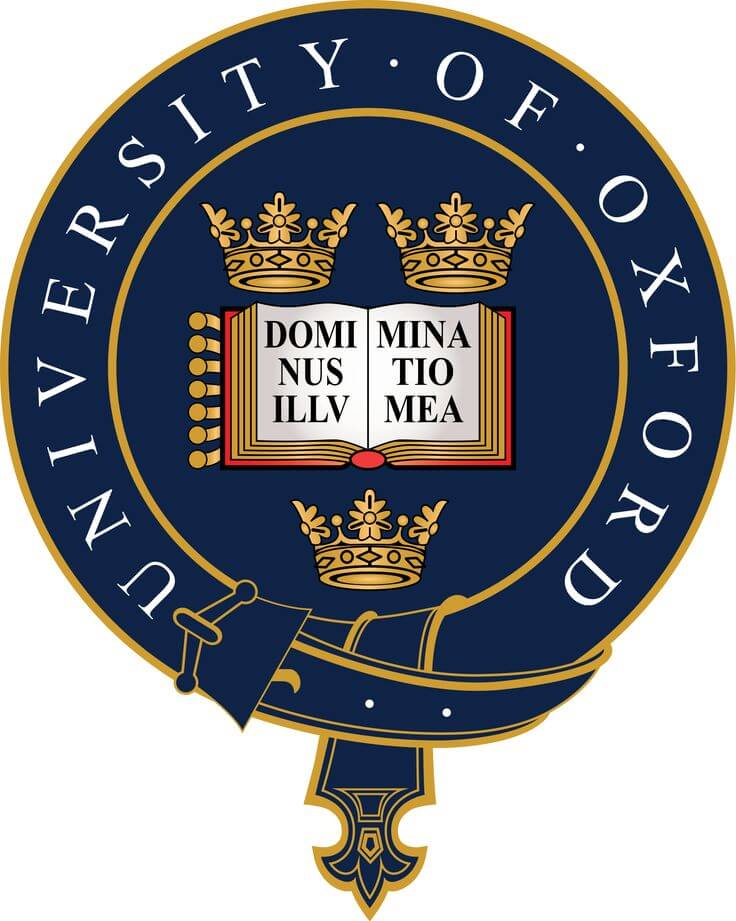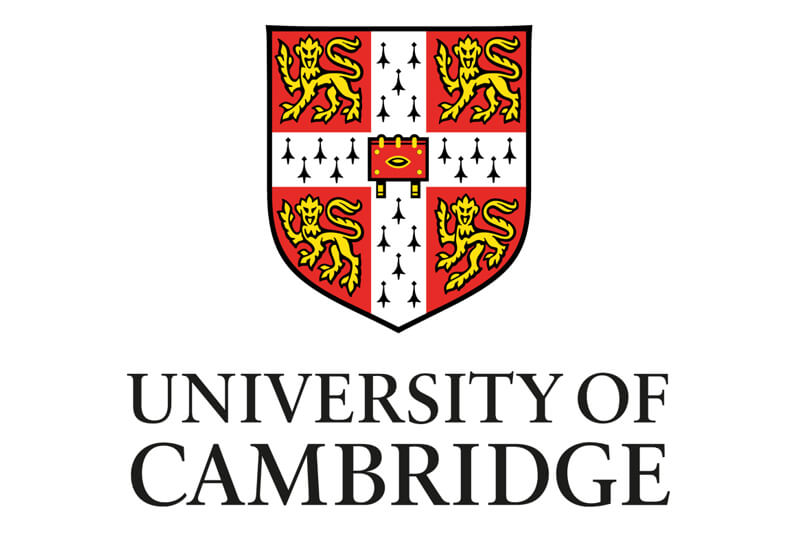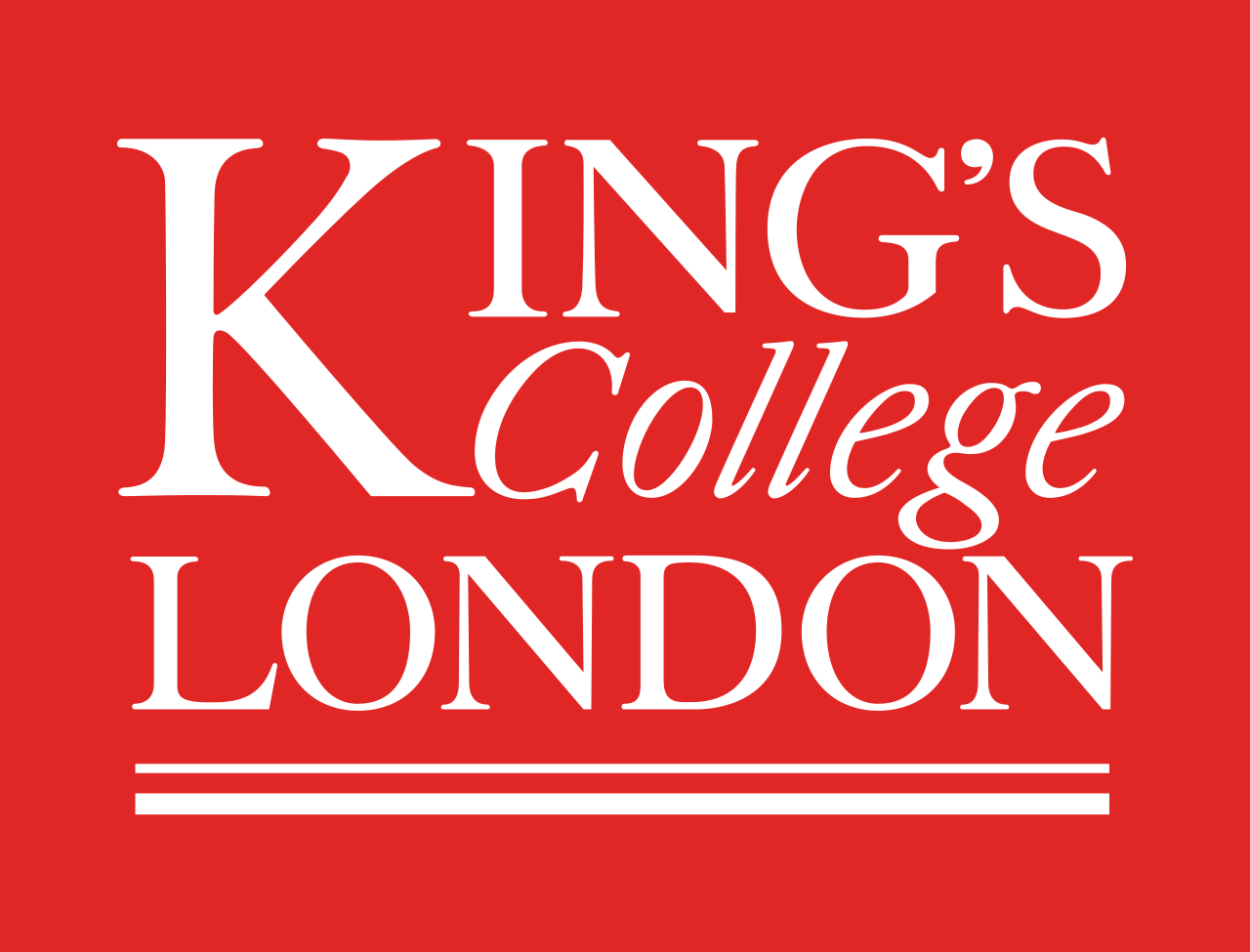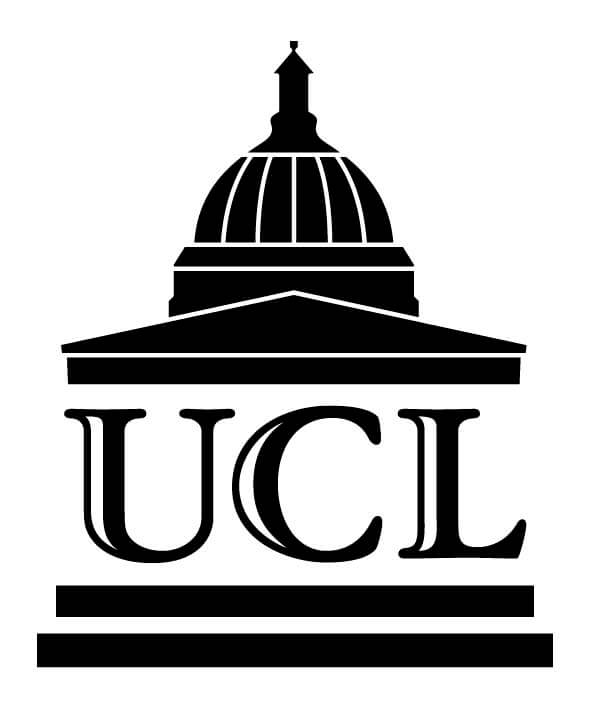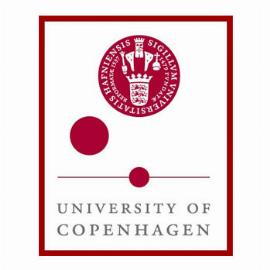Europe has long been one of the world’s most important centres of scholarship and technical progress.
With over 17 million students and 1.5 million academics, including 435,000 researchers, Europe now has over 4000 higher education institutions, ranging from top-tier research universities to tiny, teaching-focused schools.
Europe’s world-class education system includes a wide range of bachelor’s, master’s, and doctorate degree programmes. Employers place a great emphasis on foreign experience, abilities, and expertise. Aside from the excellent academic standards in Europe, international students benefit from the cultural and linguistic variety of the continent, where small principalities coexist with several of the world’s top economies.







